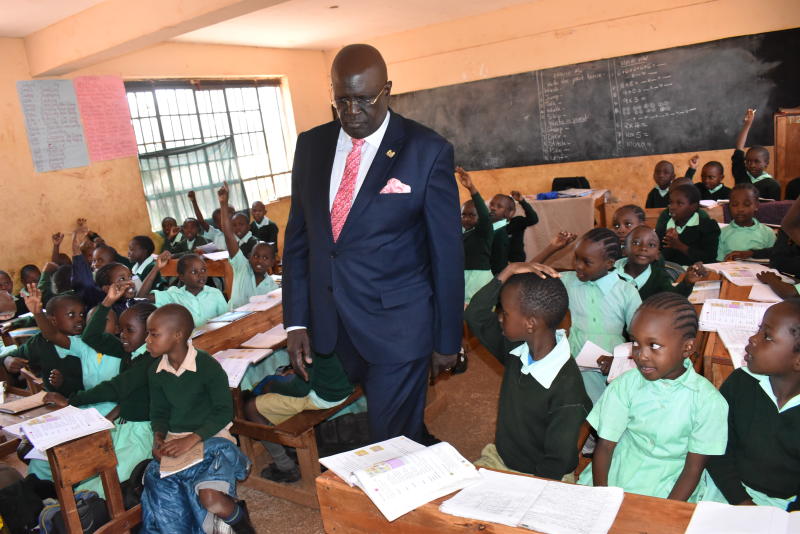×
The Standard e-Paper
Stay Informed, Even Offline

Education Cabinet Secretary George Magoha has instructed all State departments under his ministry to propose what needs to be done under coronavirus worst-case scenarios.
The Standard has established that all Permanent Secretaries under Education Ministry have been instructed to audit their sections and make proposals on contingency plans in the face of possible extended coronavirus shutdown.